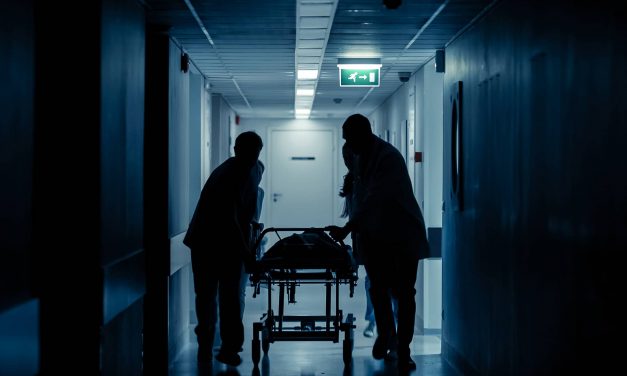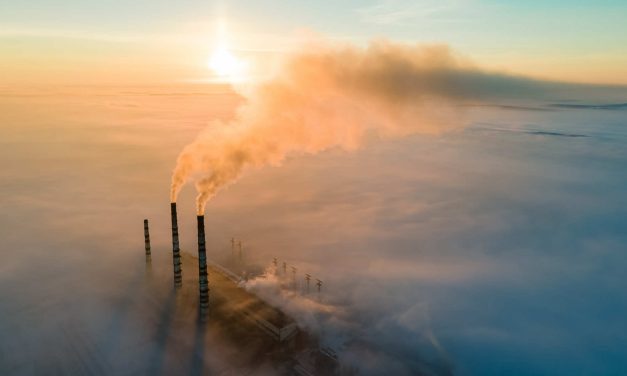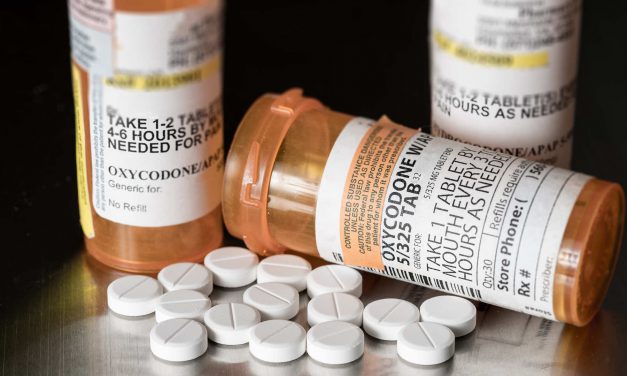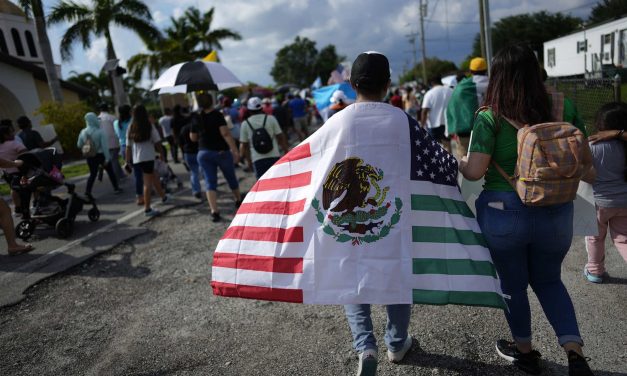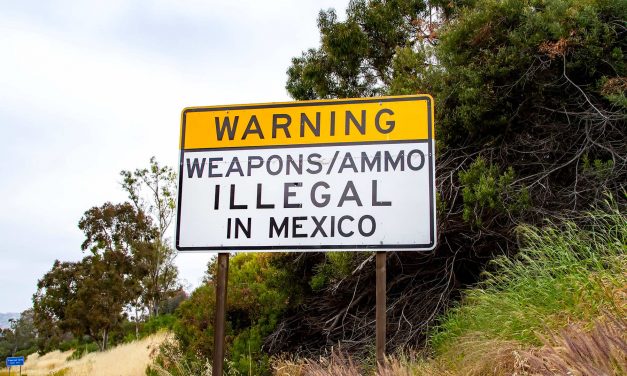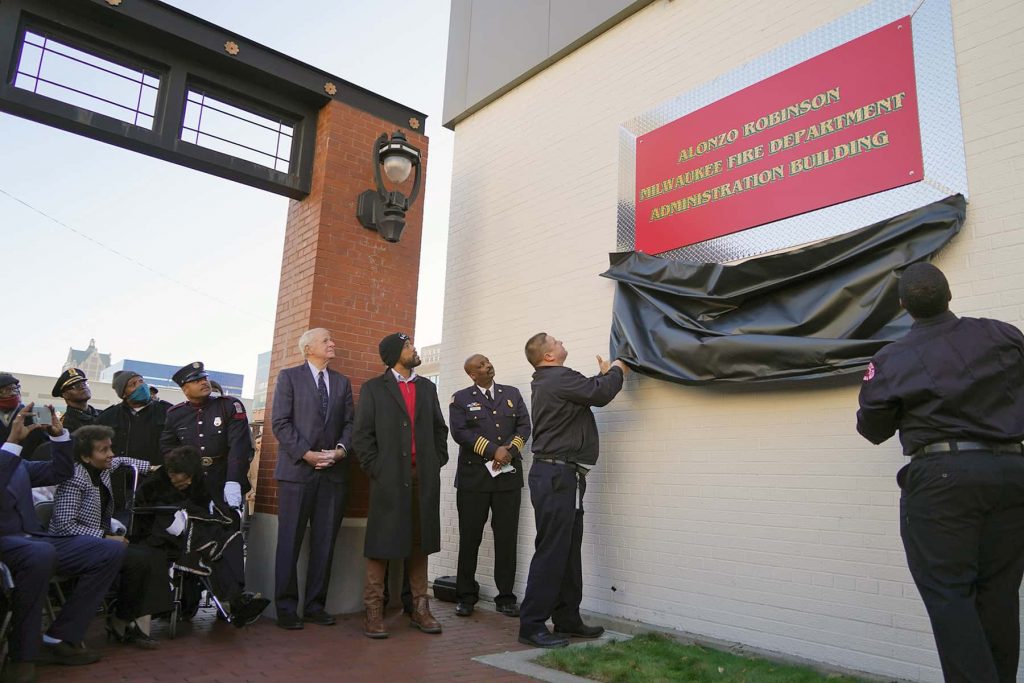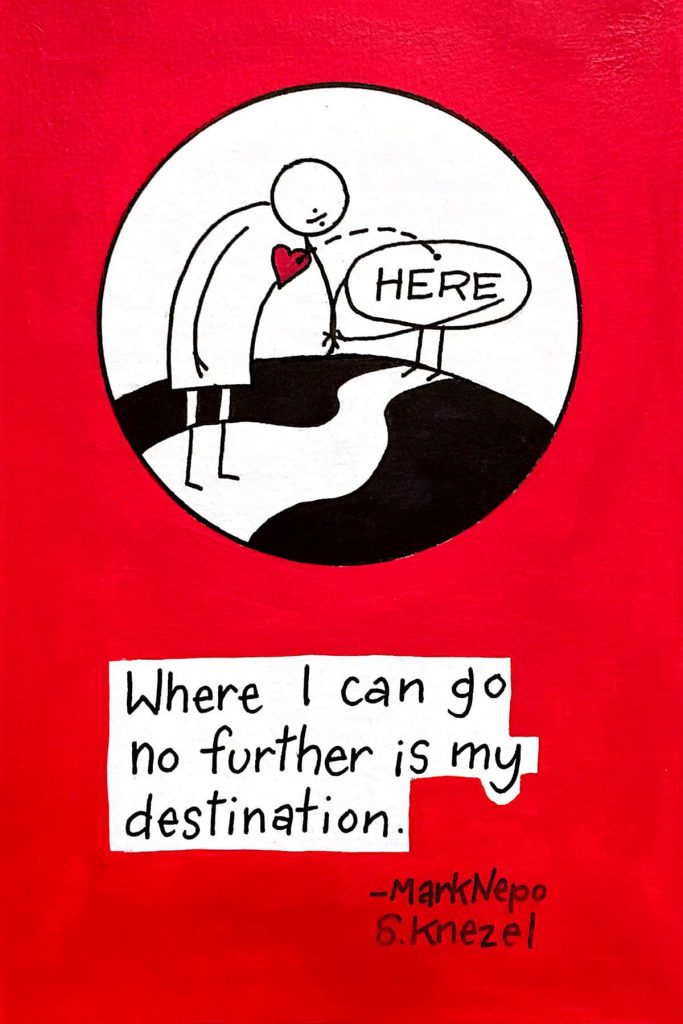A community obligation: Why people who live near nonprofit hospitals often see little benefit
By Jonathan Wynn, Department Chair and Professor of Sociology, UMass Amherst; Daniel Skinner, Associate Professor of Health Policy, Ohio University Have you ever asked if living near a hospital make you more likely to get the health care you need? Even though the federal government requires nonprofit hospitals to regularly assess the health needs of their surrounding communities and publicly post a plan to address those concerns, many people living nearby struggle to get basic health care. We are a political scientist and an urban sociologist who study how hospitals interact with and shape the communities in which they...
Read More
